How Efficient Cash Handling Answers the Problem of Staff Shortages
Staff shortages are having a serious impact on the customer experience but there is something your business can be doing to relieve the strain.
Posts about:
.png)
Staff shortages are having a serious impact on the customer experience but there is something your business can be doing to relieve the strain.
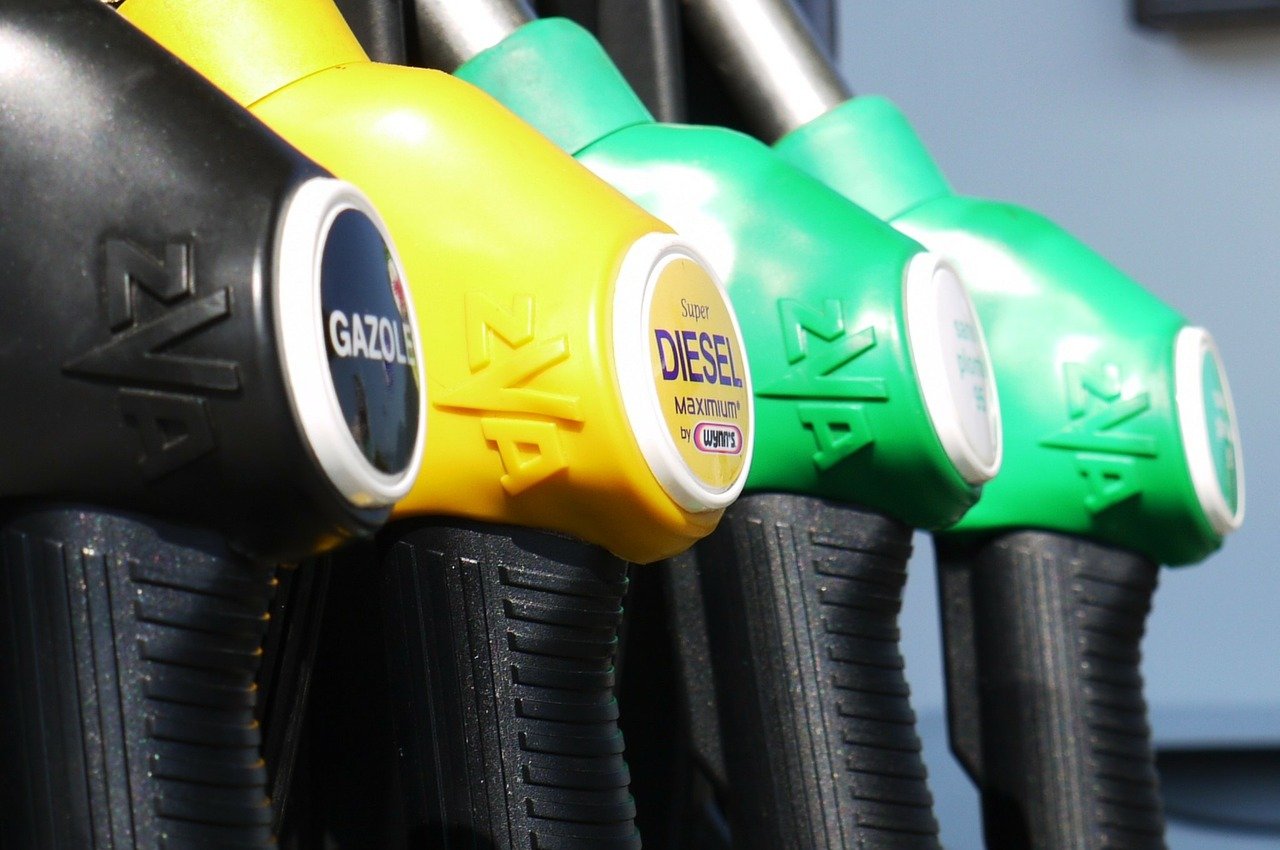
Convenience stores – or c-stores – as an integrated part of a gas station are a popular choice for motorists who need fuel for their cars and their stomachs.
According to McKinsey’s article on Fuel Retail in the Age of New Mobility, "convenience stores are becoming a destination of choice not only for traditional categories such as tobacco, drinks, and snacks but also for newly introduced and expanded grocery assortments".

Self-checkouts have become commonplace and most supermarket shoppers are now used to scanning and checking out their own goods without assistance.
A simple, efficient and space-saving solution, self-checkouts deliver many positives to retailers and customers alike.
Here are just 5 reasons why self-checkouts are so popular.
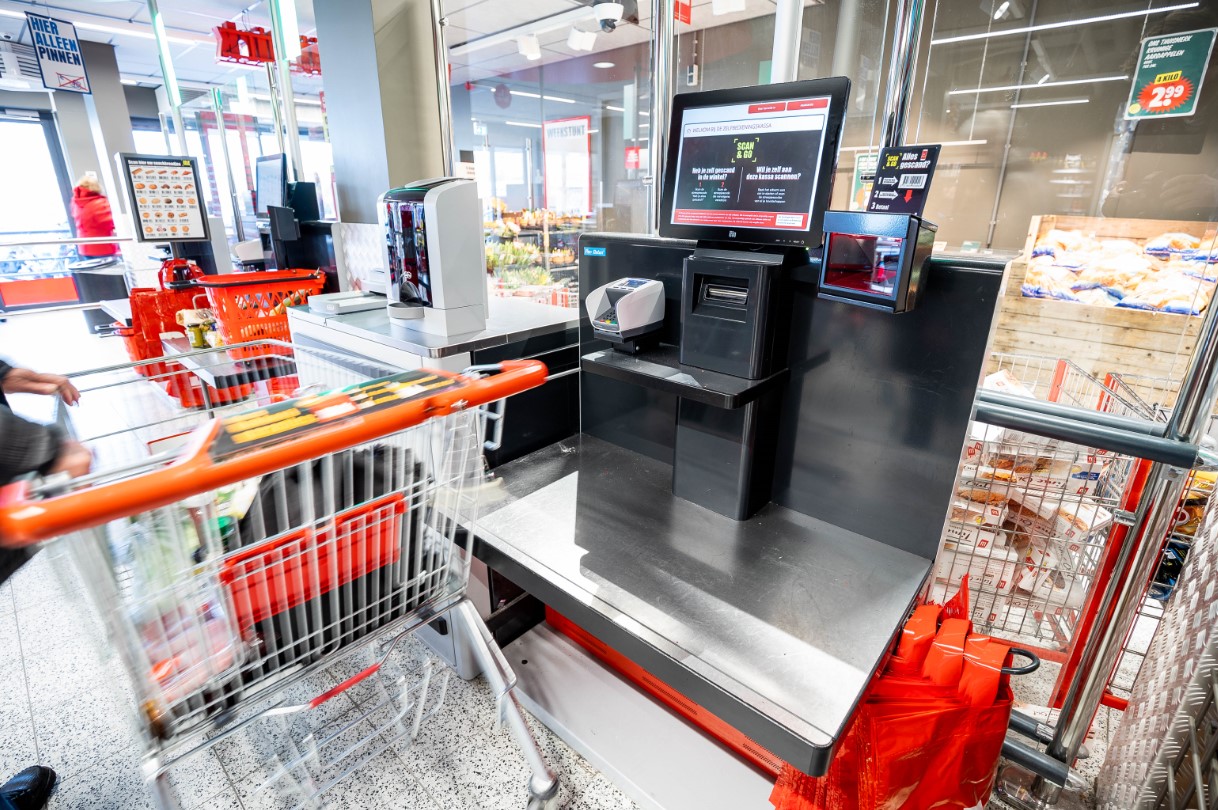
Providing choice, convenience and speed, self-checkouts have become an increasingly common sight in shops and supermarkets.
From an install base of 200,000 in 2013, an impressive 120,000 units were shipped during 2019 alone.

If retailers want to reduce the cost of cash handling and improve operational efficiency, then cash automation is the answer.
Up to 95% of the time staff spend on manual cash handling can be saved with cash automation solutions.

To better understand consumer demand and evolving market trends, the European Central Bank (ECB) regularly publishes data on the preferred payment methods of euro area citizens.
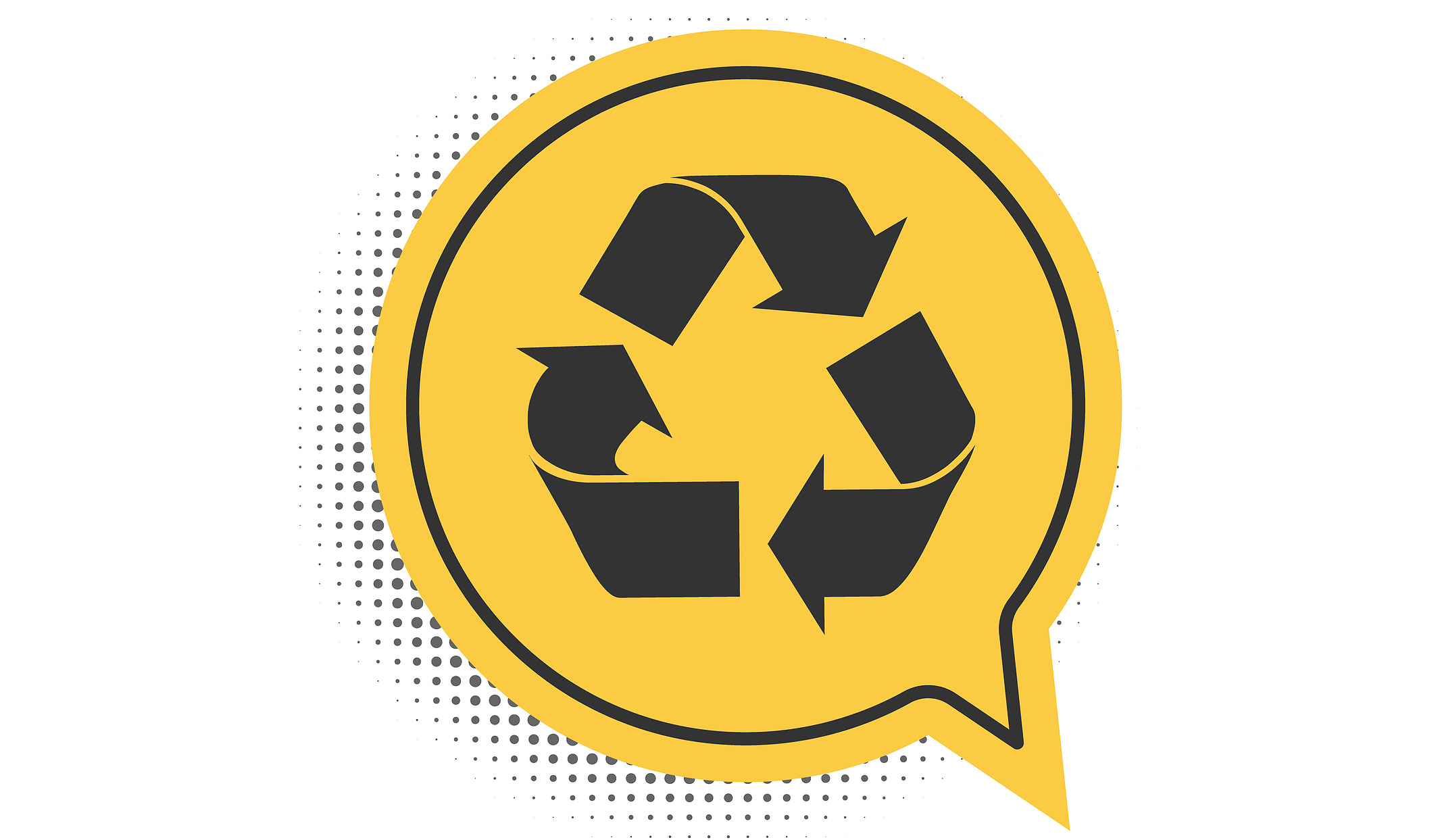
Cash recyclers are cash handling machines which automate the process of receiving and dispensing cash. But they are much more than simple cash-in / cash-out units.

Smart safes for cash deposit do more than just collect and store money – they automatically verify, count and deposit your cash safely.
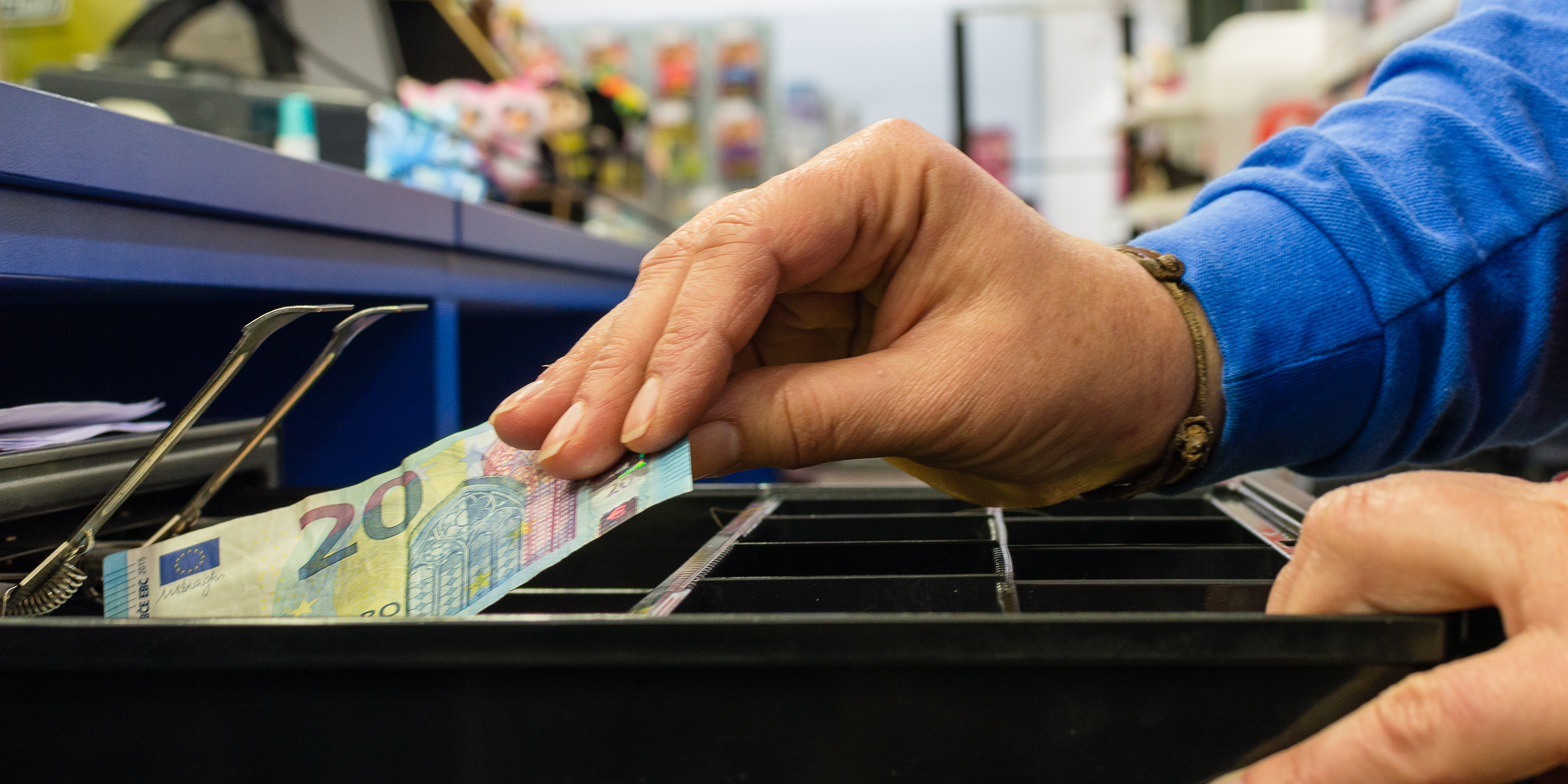
Cash is still a critical part of the infrastructure in the majority of countries around the globe and is relied upon by large sections of society who do not have electronic options to make payments.
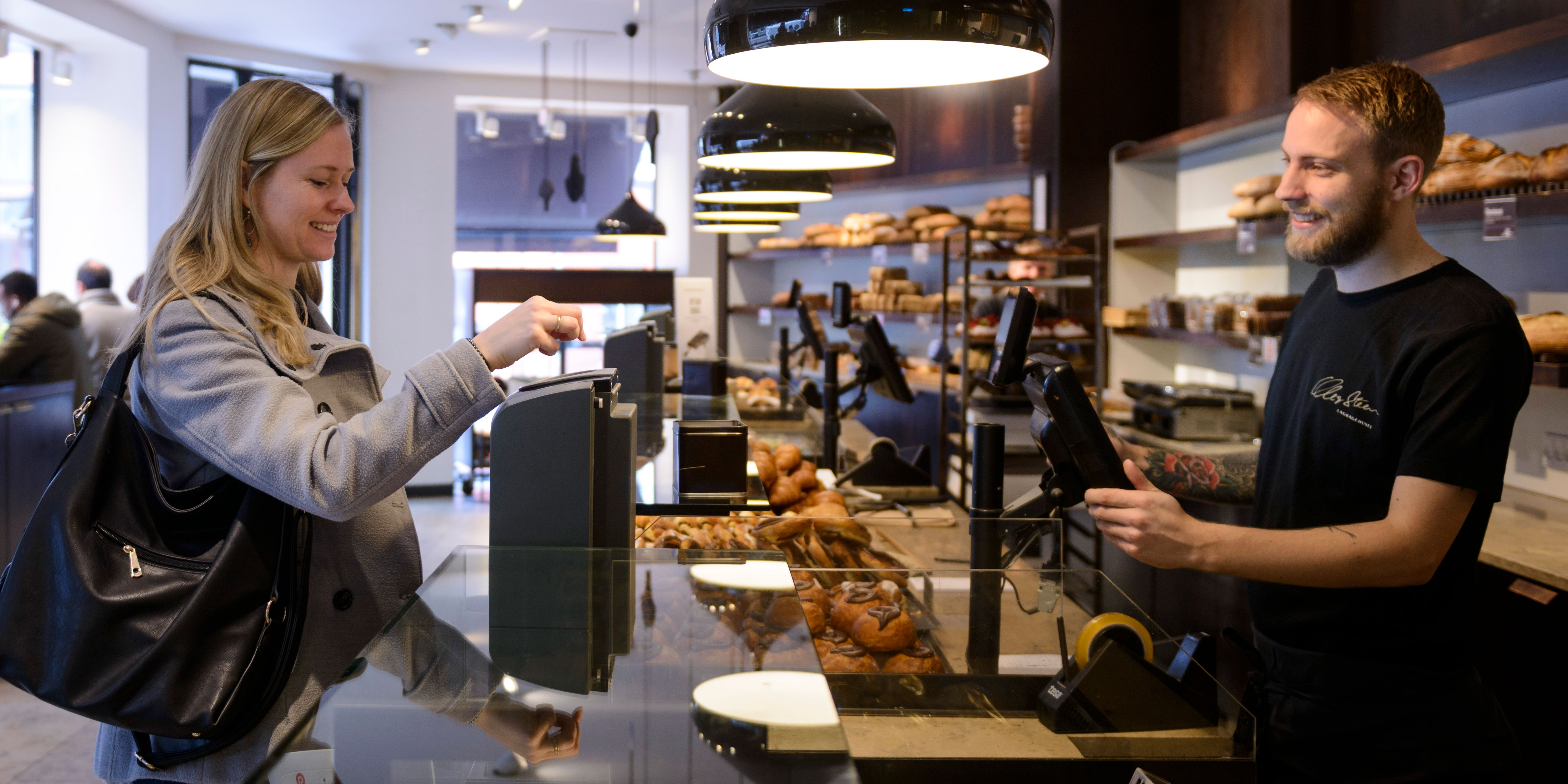
During the outbreak of the COVID-19 pandemic, several media outlets suggested that different surfaces, including banknotes, could be a possible transmitter of the coronavirus.
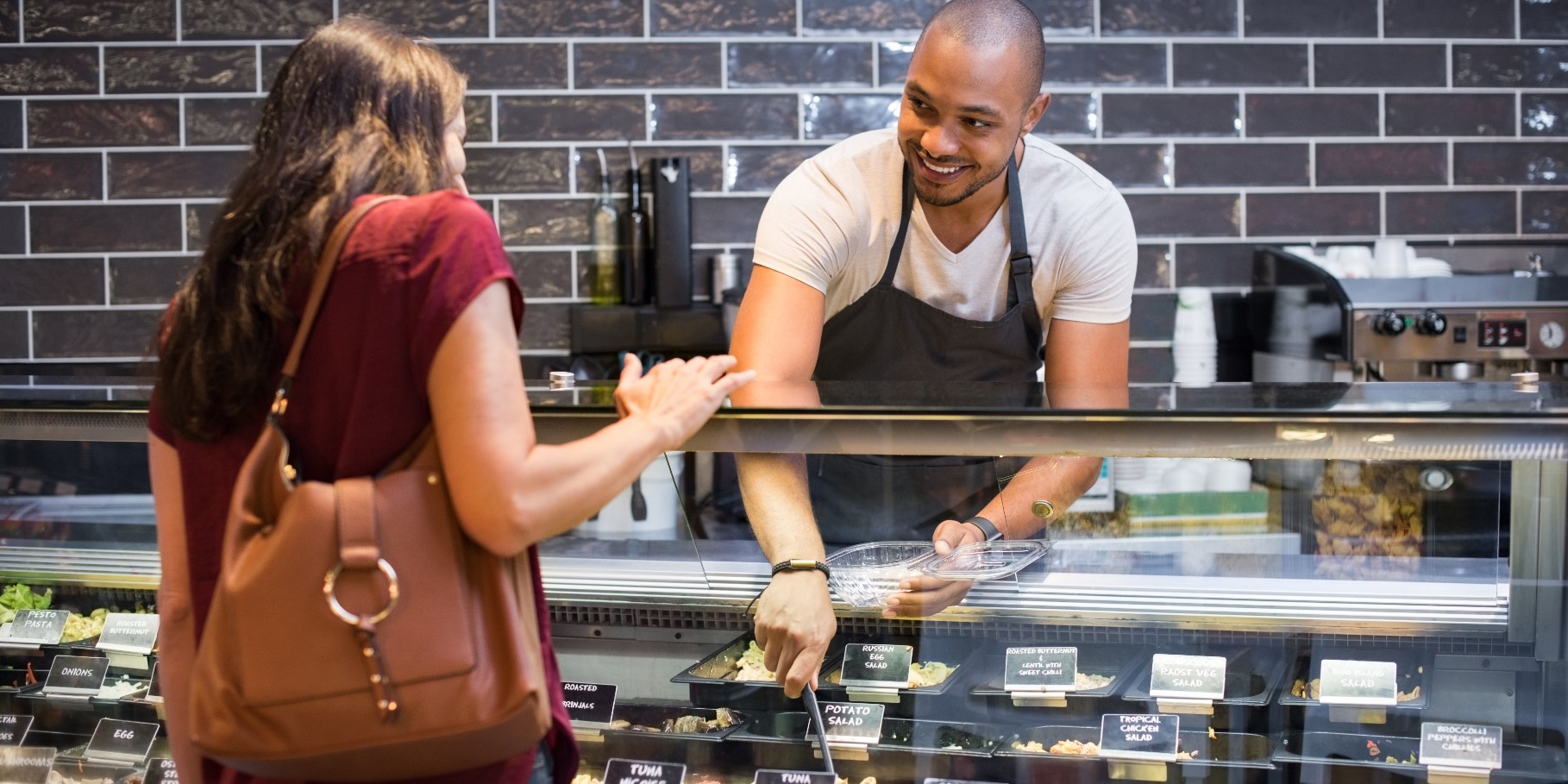
From fast-food outlets and supermarkets to cafes and bakeries, any business serving and handling food takes hygiene seriously. So how should cash handling and hygiene be approached?